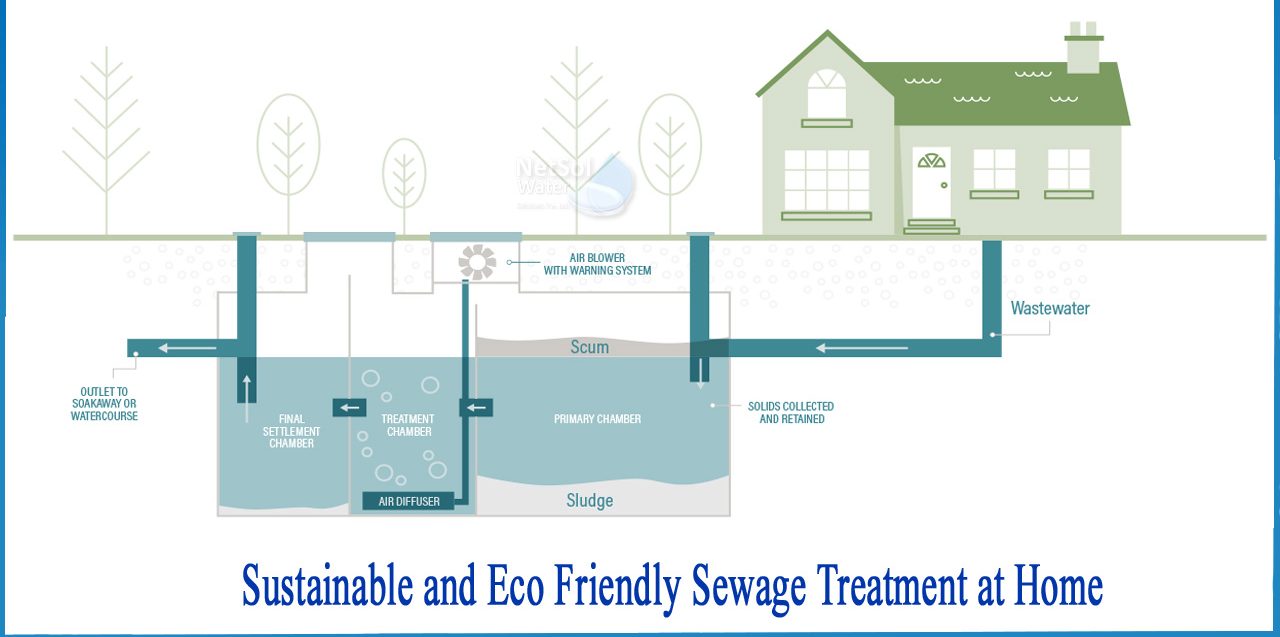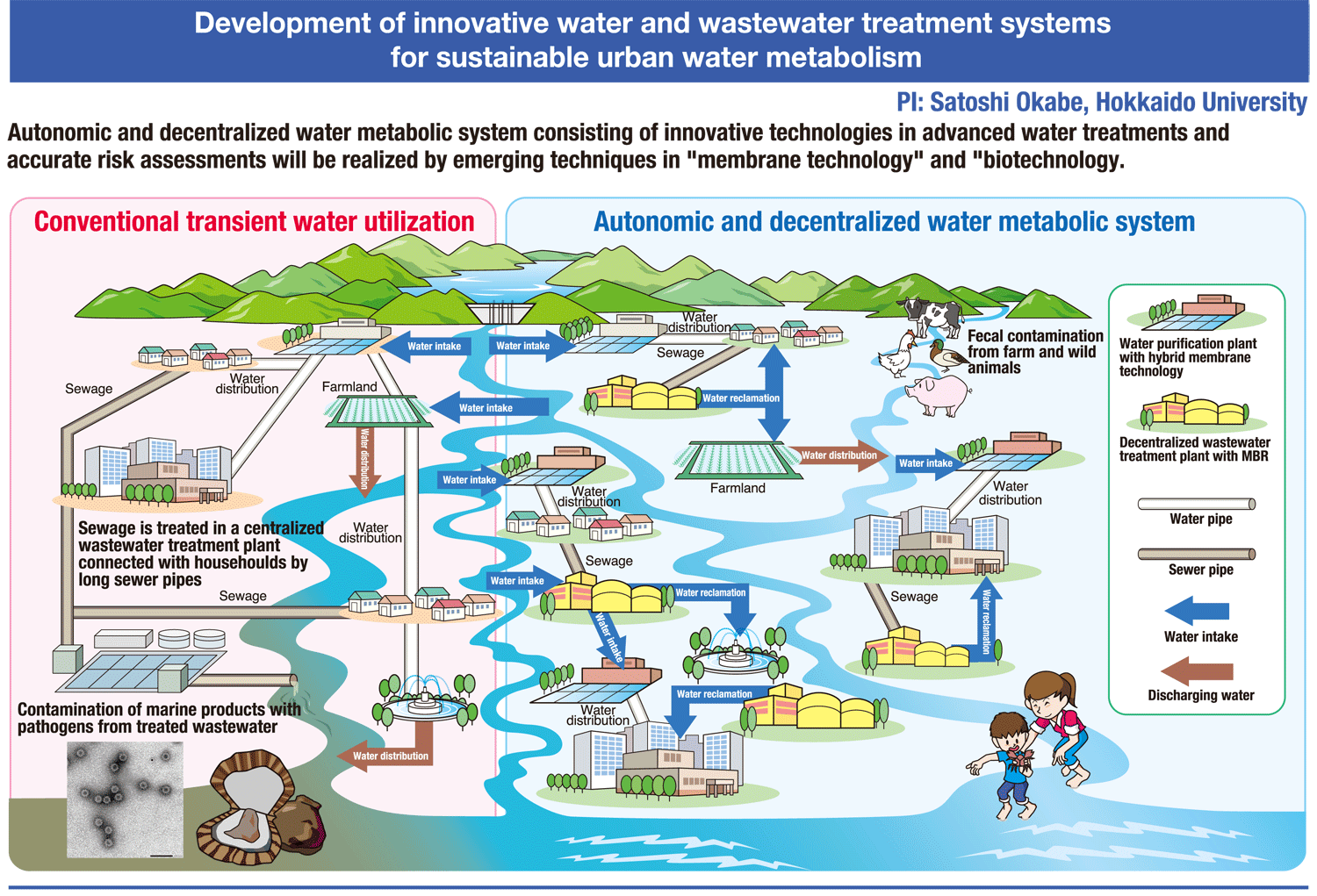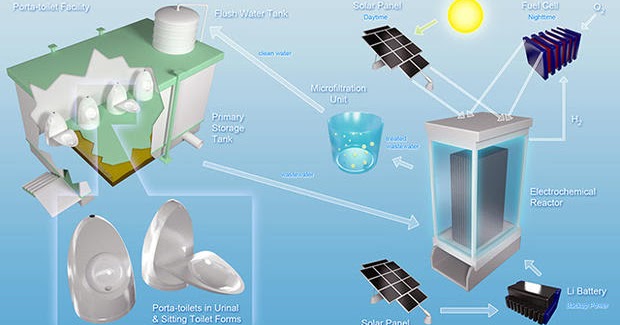
Innovations in Sustainable Wastewater Treatment
Introduction
The topic of sustainable wastewater treatment addresses the need for environmentally friendly and efficient management of wastewater. As population growth and urbanization continue to accelerate, traditional methods have proven to be inadequate for sustainable development. This article explores the relevance and importance of sustainable wastewater treatment in terms of environmental sustainability and public health. Additionally, it discusses the potential benefits that innovative wastewater treatment technologies can bring to society.
Historical Background
Wastewater treatment has evolved significantly over time. Initially, primitive methods such as sedimentation and land treatment were used to remove solid pollutants from wastewater. As the understanding of the detrimental effects of untreated wastewater on public health and the environment grew, mechanical and biological treatment processes were introduced. However, it is only in recent years that a shift towards sustainable wastewater treatment methods, which prioritize resource recovery and energy efficiency, has gained traction.
Key Concepts and Definitions
Before delving into the main discussion points, it is essential to define key concepts and terms related to sustainable wastewater treatment. Wastewater refers to any water contaminated by human activities that requires treatment before being safely discharged into the environment. Sustainable wastewater treatment aims to minimize the environmental impact of treatment processes while maximizing resource recovery and reuse. Key terms such as water reclamation, nutrient removal, and energy recovery are integral to understanding the objectives of sustainable wastewater treatment.

Main Discussion Points
Point: Advanced Biological Treatment Processes
One of the main pillars of sustainable wastewater treatment is the utilization of advanced biological treatment processes. Bioremediation and bioaugmentation are innovative techniques that leverage the power of microorganisms to break down organic matter present in wastewater. Microorganisms play a crucial role in the degradation of pollutants, transforming them into less harmful substances. Examples of cutting-edge technologies that enhance the efficiency and effectiveness of the biological treatment process include membrane bioreactors and sequencing batch reactors.
Point: Resource Recovery from Wastewater
Sustainable wastewater treatment goes beyond treating wastewater; it also focuses on extracting valuable resources from it. Energy, nutrients, and water can be recovered from wastewater through various methods. Wastewater-to-energy systems, such as anaerobic digestion, harness the potential energy stored in organic matter to generate electricity or heat. Nutrient recovery technologies enable the extraction of valuable phosphorus and nitrogen from wastewater, which can be used as fertilizers or other industrial applications.
Point: Decentralized Wastewater Treatment Systems
Decentralized wastewater treatment systems offer a promising solution to the challenges posed by centralized treatment plants. These systems provide scalability, resilience, and cost-effectiveness, making them suitable for both urban and rural areas. Constructed wetlands, decentralized treatment plants, and on-site systems are examples of decentralized approaches that can effectively treat wastewater. Furthermore, community-based approaches and small-scale technologies can empower local communities to take ownership of their wastewater treatment processes.
Case Studies or Examples
Real-world examples of successful sustainable wastewater treatment projects showcase the potential benefits of innovative technologies. These projects demonstrate how sustainable wastewater treatment methods have been implemented and adapted in different regions and countries. Through these case studies, the outcomes and environmental benefits achieved become evident, highlighting the positive impact of sustainable wastewater treatment on local communities and ecosystems.

Current Trends or Developments
Continuous research and development efforts shape the current trends in sustainable wastewater treatment. Artificial intelligence and automation have the potential to revolutionize treatment processes by optimizing efficiency and reducing operational costs. Additionally, the integration of renewable energy sources, such as solar and wind power, in wastewater treatment processes leads to a more sustainable and self-sufficient approach.
Challenges or Controversies
The implementation of sustainable wastewater treatment technologies is not without challenges. One of the primary obstacles is the need for policy support and public acceptance. Innovative treatment methods often face resistance due to concerns about the use of chemicals or unconventional processes. Addressing these concerns through rigorous scientific research and effective communication is crucial to gaining public trust and achieving widespread adoption.

Future Outlook
Looking to the future, the implications and potential advancements in sustainable wastewater treatment are promising. Continued investment and collaboration in research and development will drive the improvement of treatment efficiency and effectiveness. Innovation will play a vital role in identifying novel technologies and approaches that further enhance the sustainability and performance of wastewater treatment systems.
Conclusion
Innovations in Sustainable Wastewater Treatment are essential for achieving environmental sustainability and safeguarding public health. Through advanced biological treatment processes, resource recovery, and decentralized systems, wastewater can be effectively treated while simultaneously harnessing valuable resources. Real-world case studies demonstrate the tangible benefits of sustainable wastewater treatment, highlighting its positive impact on the environment and communities. Continued research and collaboration, along with policy support and public acceptance, are crucial for driving the further development and implementation of innovative wastewater treatment methods.




